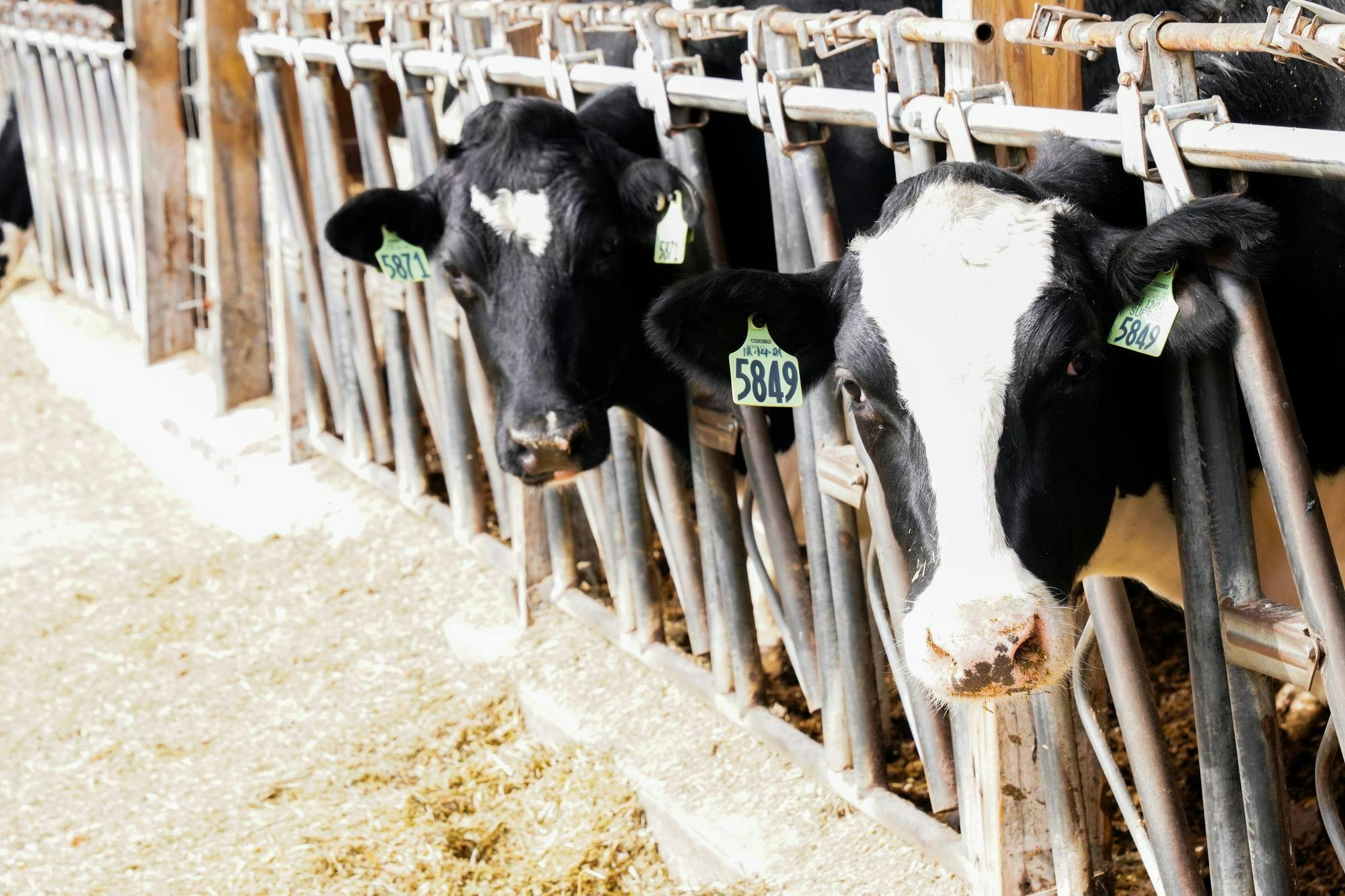The Michigan Department of Health and Human Services announced Wednesday the state’s first reported outbreak case of the bird flu linked to dairy cows, making it the second reported human case in the United States.
The Centers for Controlled Disease (CDC) said the risk to the public remains low and the Michigan farmworker diagnosed with influenza A (H5) had mild symptoms and has recovered.
“Farmworkers who have been exposed to impacted animals have been asked to report even mild symptoms, and testing for the virus has been made available,” said Dr. Natasha Bagdasarian, chief medical executive at MDHHS. "This virus is being closely monitored, and we have not seen signs of sustained human-to-human transmission at this point.”
The virus has been circulating in dairy and poultry farms across the U.S., with the first reported case in Texas in March. The affected individual, a dairy worker, worked directly with sick cattle and reported eye redness as their only symptom.
MDHHS and local health departments are working closely with the Michigan Department of Agriculture and Rural Development (MDARD), farms and its workers to conduct monitoring of the health of people exposed to ill animals.
Jim Good, farm manager of the MSU Dairy Farm, said the farm has not come in contact with the bird flu and is taking precautions to keep its workers and cattle safe and healthy through intense cleaning measures and pasteurizing milk.
“We have implemented intense biosecurity measure for both employees and deliveries that come to the farm which include delivery truck washing and sanitation, and personal protection equipment for employees if their duty warrants it,” Good said. “In addition, we have developed a clean zone around the farm with boot sanitation required for those entering it.”
Good said the biosecurity protocols follow MDARD’s recommendations for Highly Pathogenic Avian Influenza (HPAI) control and prevention.
“Cleaning and disinfecting stations are at the two farm access points and these stations include a hose for washing, sprayers with Virkon S disinfectant for vehicles, personal protective equipment, hand sanitizer and disposable gloves and disposable boot covers for individuals if necessary,” Good said.
Good said with the protocols the Dairy Farm has in place, MSU’s Poultry Farm is no stranger to the protocols due to the bird flu taking a hit to the poultry industry for decades.
“Most dairy farms in general have always had biosecurity, but nothing quite this extreme so this is kind of a new process for us,” Good said.
MDHHS recommends seasonal flu vaccinations for people working on poultry or dairy farms to help reduce the risk of coinfection with avian and flu viruses. The CDC recommends that anyone in contact with dairy cattle wear protective equipment, including safety glasses, waterproof aprons and boots that can be sanitized.
The United Dairy Industry of Michigan did not respond to The State News' request for comment at the time of publication.
Support student media!
Please consider donating to The State News and help fund the future of journalism.
Discussion
Share and discuss “MSU Dairy Farm implementing safety measures after Michigan outbreak of bird flu” on social media.







